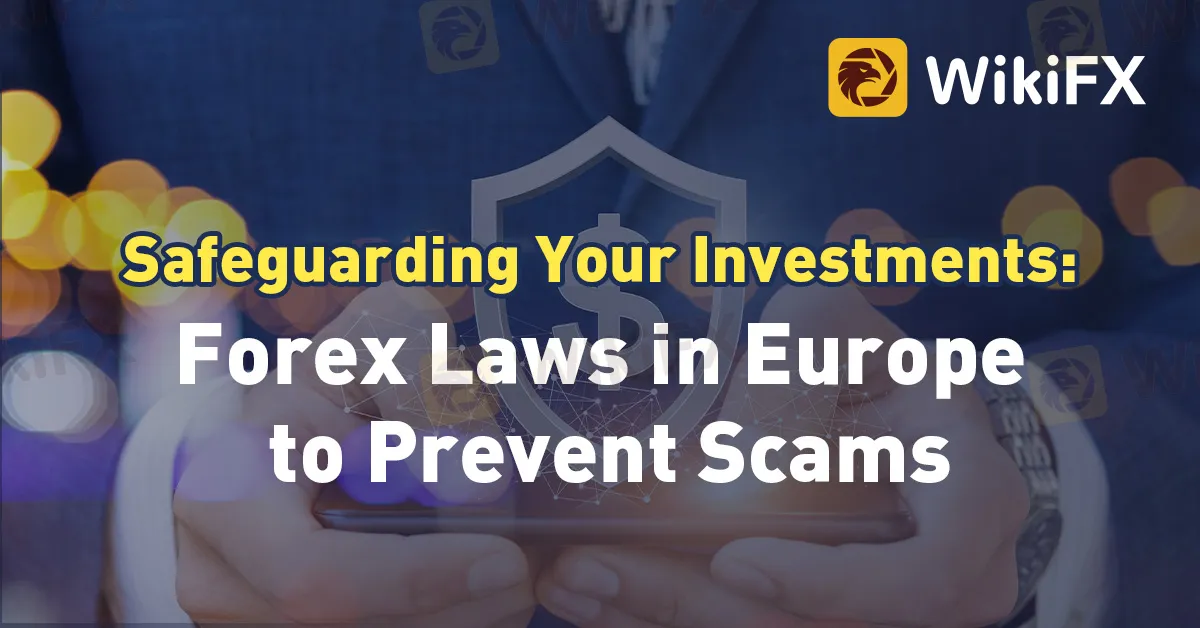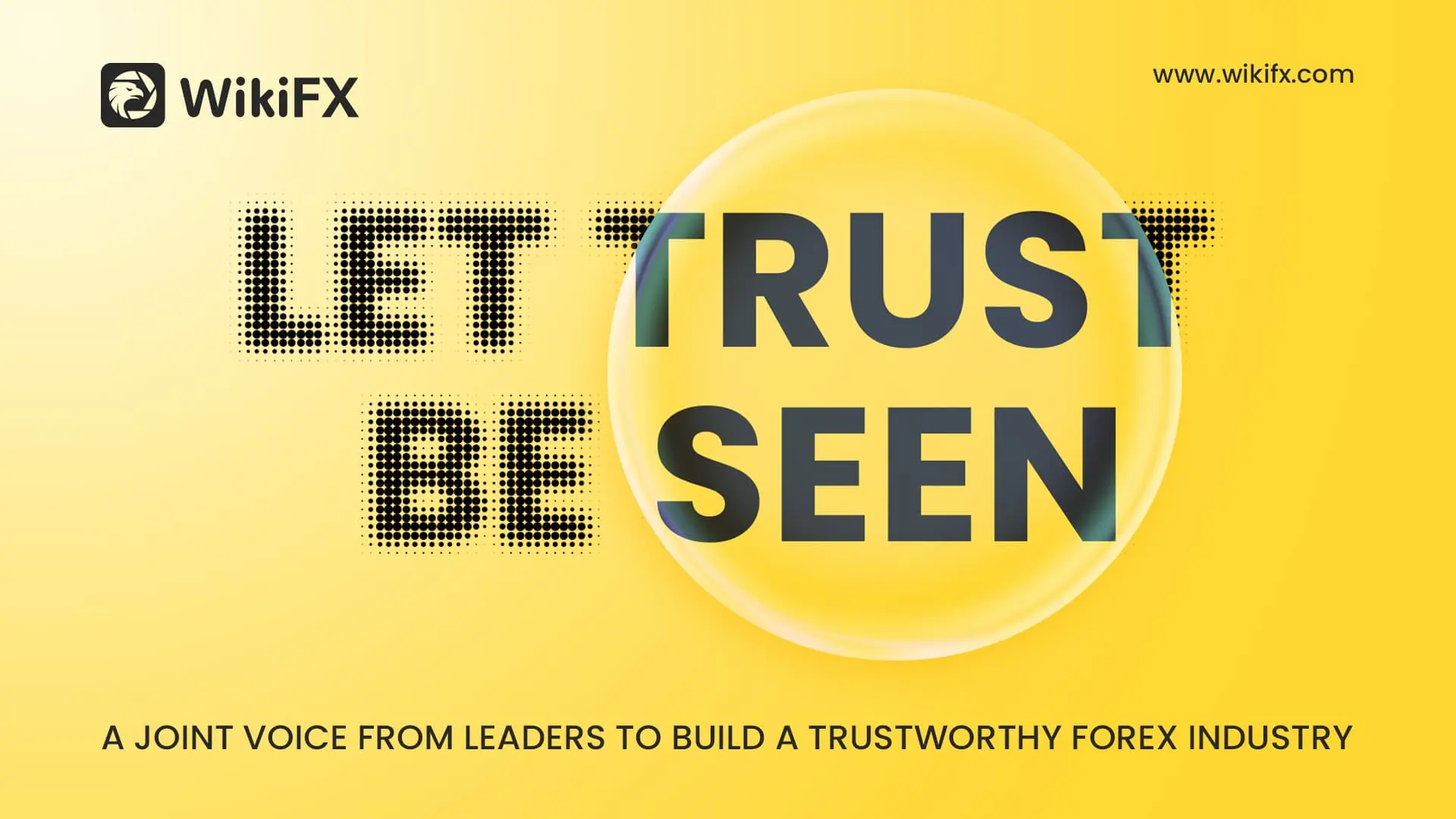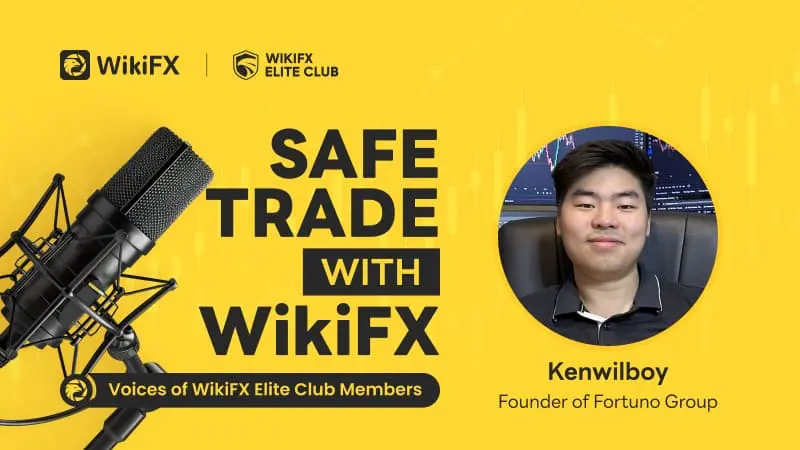Abstract:In the world of Forex trading, Europe has implemented robust laws and regulations to ensure the protection of traders and prevent scams. These regulations aim to maintain fair and transparent trading practices, safeguard investors' funds, and promote market integrity. One platform that assists traders in navigating the Forex market and ensuring their safety is WikiFX. This article explores the laws and regulations in Europe, highlighting the role of WikiFX in helping traders find reliable brokers.

Introduction
In the world of Forex trading, Europe has implemented robust laws and regulations to ensure the protection of traders and prevent scams. These regulations aim to maintain fair and transparent trading practices, safeguard investors' funds, and promote market integrity. One platform that assists traders in navigating the Forex market and ensuring their safety is WikiFX. This article explores the laws and regulations in Europe, highlighting the role of WikiFX in helping traders find reliable brokers.
Understanding Forex Laws in Europe
Forex trading in Europe is governed by various regulatory bodies, such as the Financial Conduct Authority (FCA) in the UK, the Cyprus Securities and Exchange Commission (CySEC) in Cyprus, and the European Securities and Markets Authority (ESMA) across the European Union. These regulatory bodies enforce strict guidelines that brokers must adhere to, protecting traders from fraudulent activities.
Preventing Forex Scams
Europe's regulatory framework ensures that brokers maintain segregated client accounts, keeping traders' funds separate from the broker's operational funds. Additionally, brokers must provide transparent pricing, fair execution, and disclose any conflicts of interest. The regulations also demand brokers to be adequately capitalized and conduct regular audits to maintain financial stability.
The Role of WikiFX
WikiFX is a valuable resource for traders seeking reliable brokers in Europe. Their platform offers comprehensive broker profiles, including licensing information, regulatory compliance, and user reviews. Traders can easily access WikiFX to verify a broker's credibility, ensuring they are dealing with a trustworthy entity.










